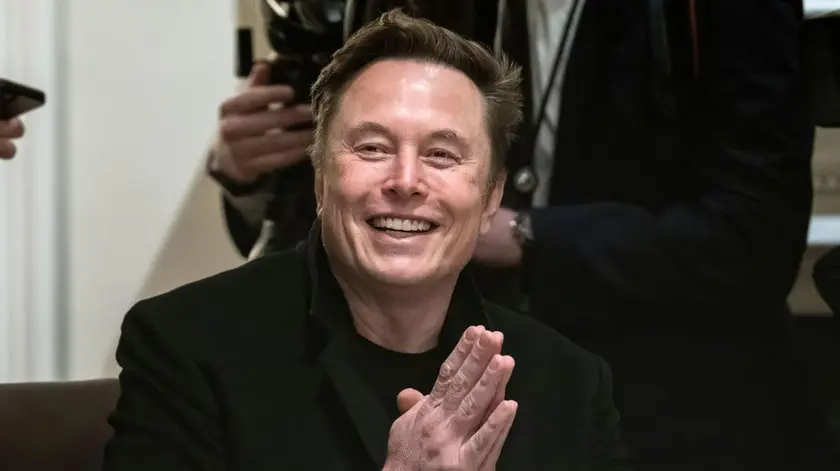T4K3.news
Tariffs spark debate between US and Swiss markets
Switzerland seeks a better deal on tariffs with the United States as watchmakers halt shipments and investors watch closely.

A tariff clash between the United States and Switzerland tests luxury watchmakers and pharma firms as negotiators weigh exemptions.
How One Legendary CEO One Independent American Retailer And One Swiss Pre-Owned Seller Respond To The Tariff Situation
The United States has imposed heavy tariffs that ripple through the luxury goods sector. In Geneva, Shahzaib Khan of K2 Luxury has halted shipments to U.S. clients as Switzerland seeks a better deal, and exporters warn that if no agreement is reached by September, orders could fall by 20% to 30%, leading to reduced production and possible job cuts. The high-end watch market lives on delicate supply chains that now face disruption as negotiations unfold.
Breitling chief executive Georges Kern remains hopeful that a negotiated outcome is possible. He notes that gold refined in Switzerland is not subject to tariffs and argues that Switzerland’s investments and the jobs they support in the United States should count in any deal. He also points to the pharma sector as a potential carve-out and a reason why both sides have a stake in reaching a fair resolution.
Key Takeaways
"We are civilized people and we want fair trade."
Kern's emphasis on fairness in negotiations.
"Trade in a fair and reasonable manner is essential."
Kern on the need for balanced negotiations.
"Swiss investments support hundreds of thousands of American jobs."
Economic argument backing US-Swiss ties.
"Gold refined in Switzerland accounts for a large share of the US deficit."
Kern on exemptions and economic impact.
The tariff dispute exposes how closely luxury manufacturing, finance, and diplomacy are intertwined. A sector like Swiss watches depends on cross-border trust and timely shipments, and tariff friction threatens to shrink sales, slow production, and weigh on workers. Yet the dialogue also reveals how trade policy can hinge on exemptions for certain pillars of the economy, such as precious metals and drugs, that have outsized economic heft beyond sticker prices.
If negotiators can craft a package that protects jobs while recognizing Switzerland’s broader economic ties to the United States, the talks could set a cautious but constructive precedent for how to handle future tariff disputes. The real test will be whether both sides can translate promises of investment and employment into a tangible path that reduces friction without inviting new protections.
Highlights
- We are civilized people and we want fair trade
- Trade in a fair and reasonable manner is essential
- Swiss investments support hundreds of thousands of American jobs
- Gold refined in Switzerland is not subject to tariffs
Tariff talk carries political and budget risk
The dispute hinges on sensitive policy choices and could trigger backlash from exporters and investors if talks stall or disappoint expectations.
The next rounds will reveal whether trade talks can turn pressure into a real, workable compromise.
Enjoyed this? Let your friends know!
Related News
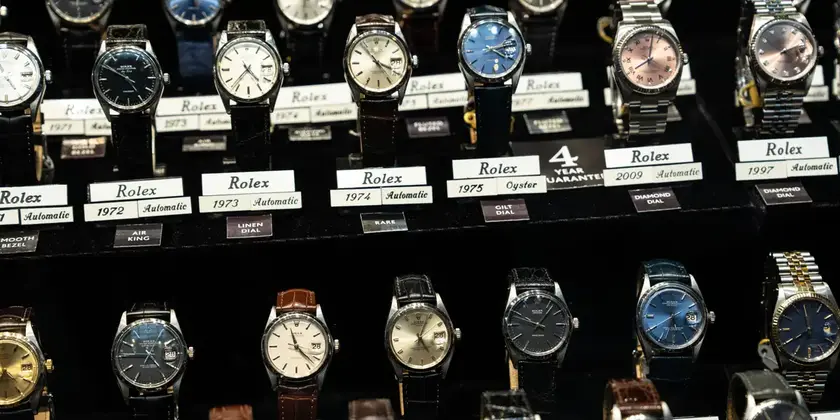
39% Tariff Takes Aim at Swiss Watches
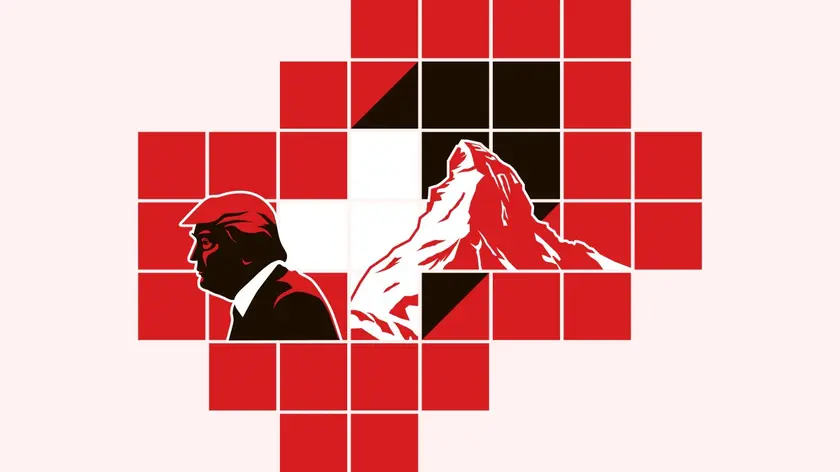
Swiss exports hit by 39% US tariffs
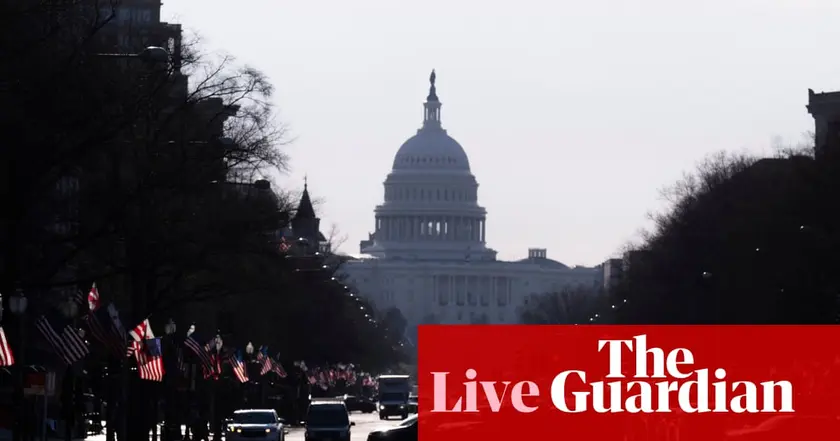
Democrats accuse Trump of harming job growth
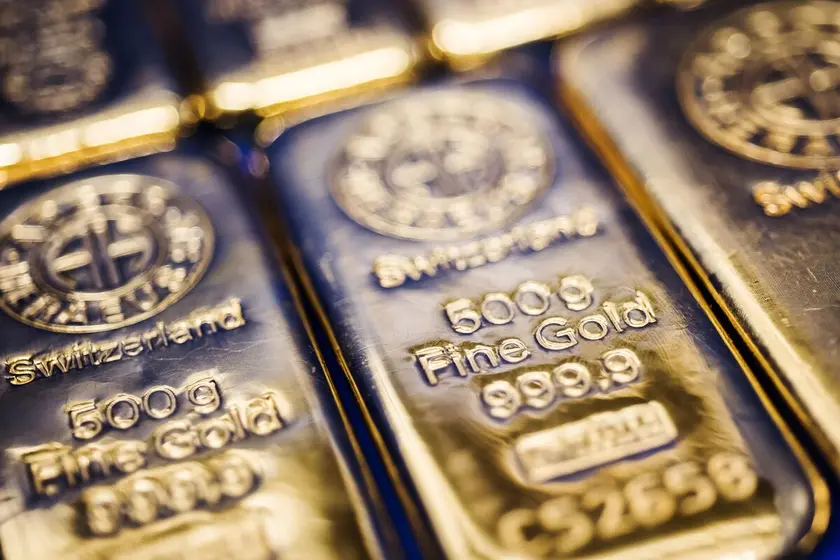
Gold market volatile on tariff signals

Switzerland's tariffs increase to 39%

Tariffs hit Swiss watches
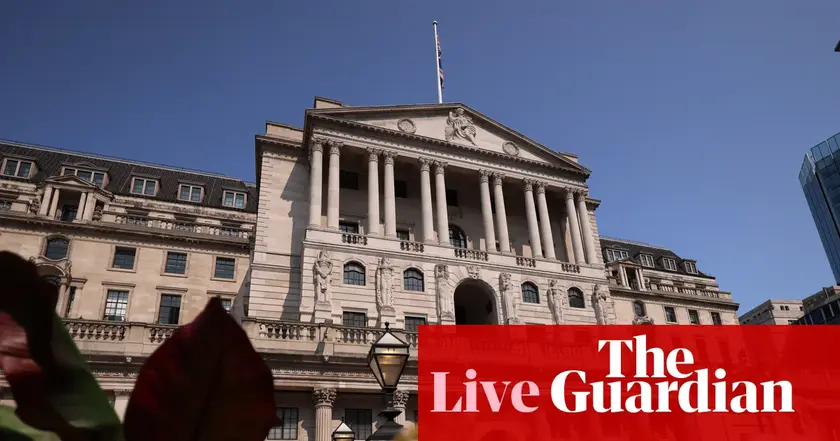
Trump tariffs take effect; Bank of England set to cut rates

Trump imposes 39% tariff on Swiss imports
